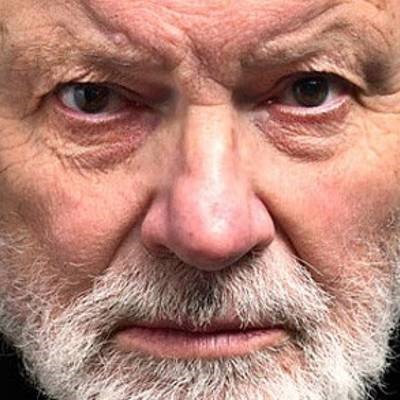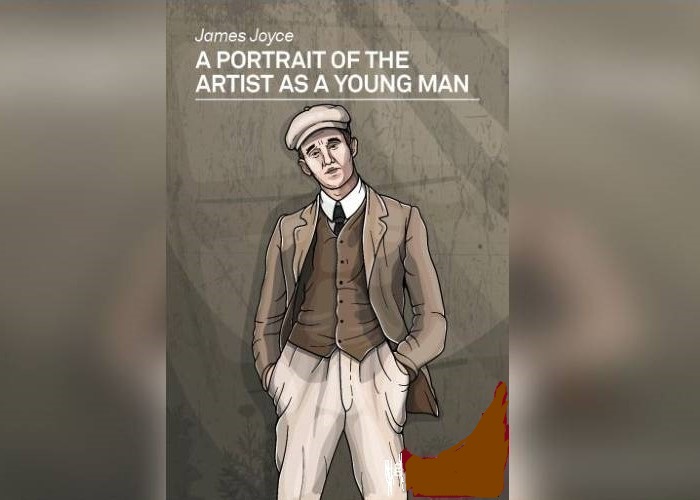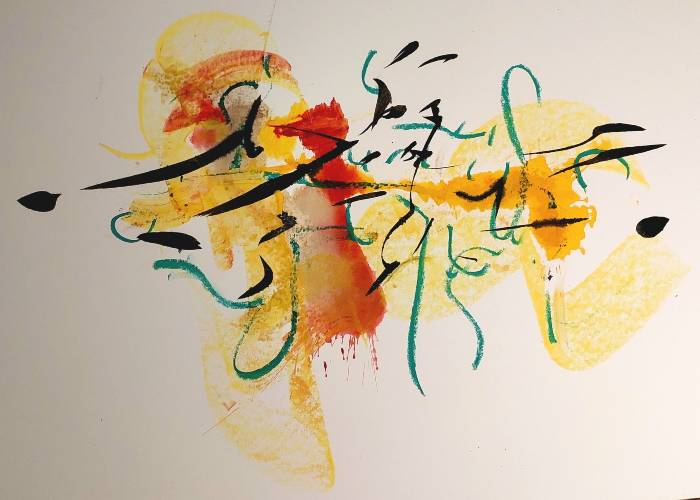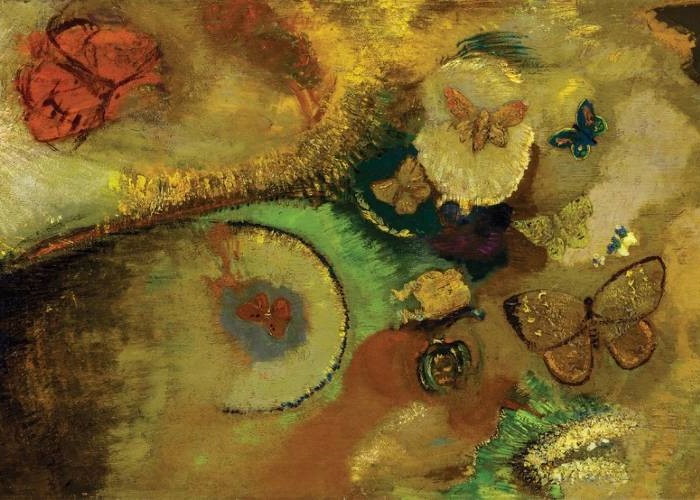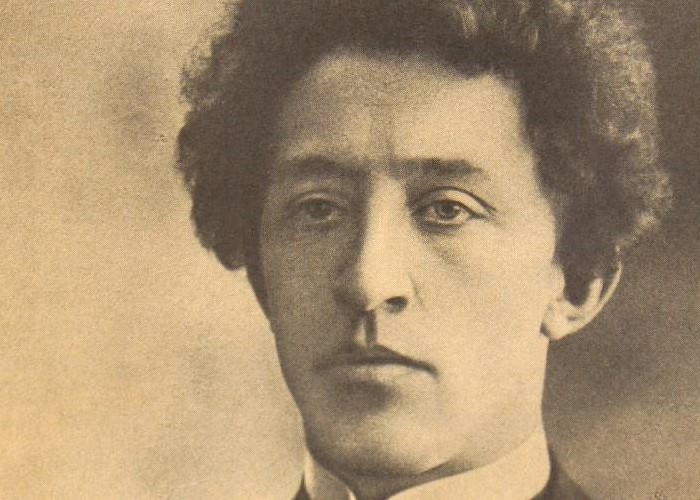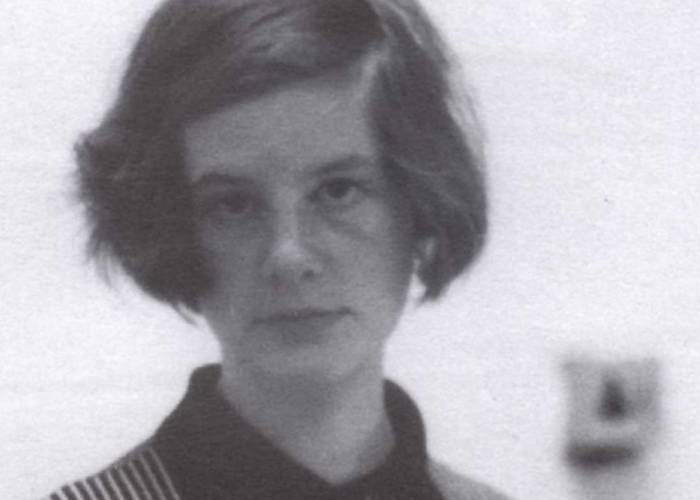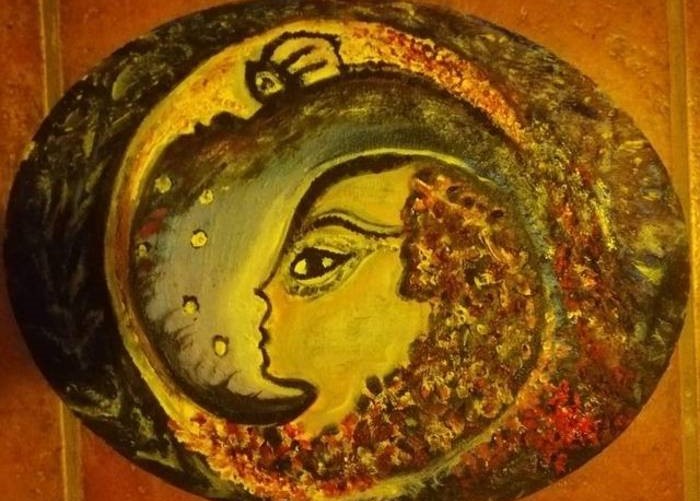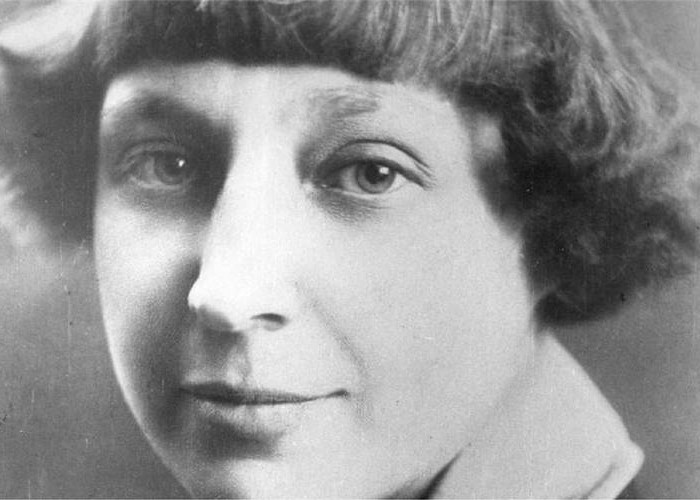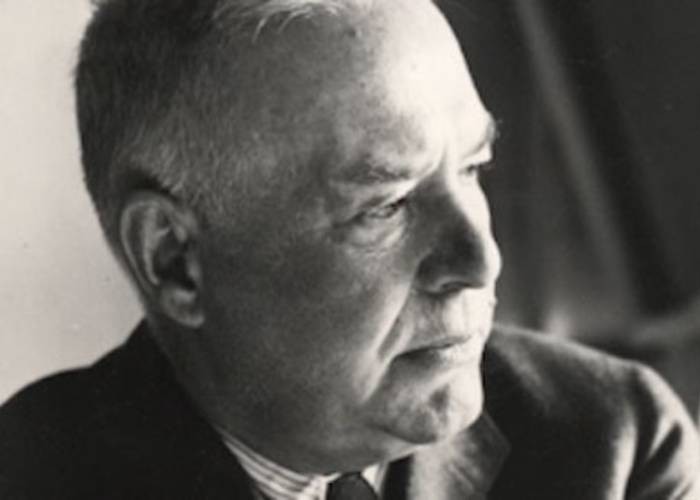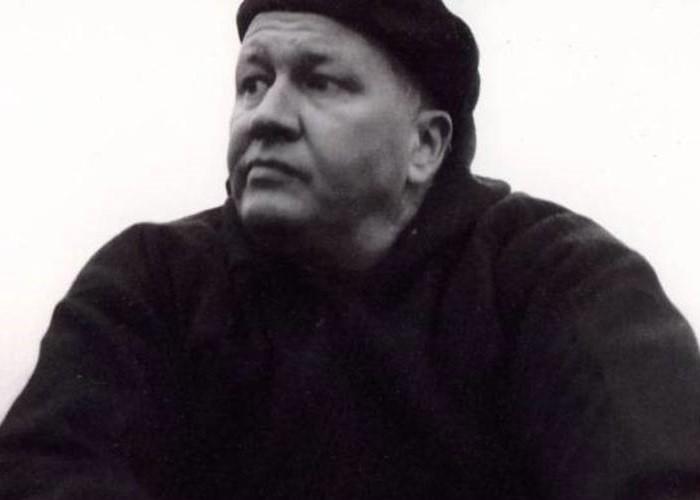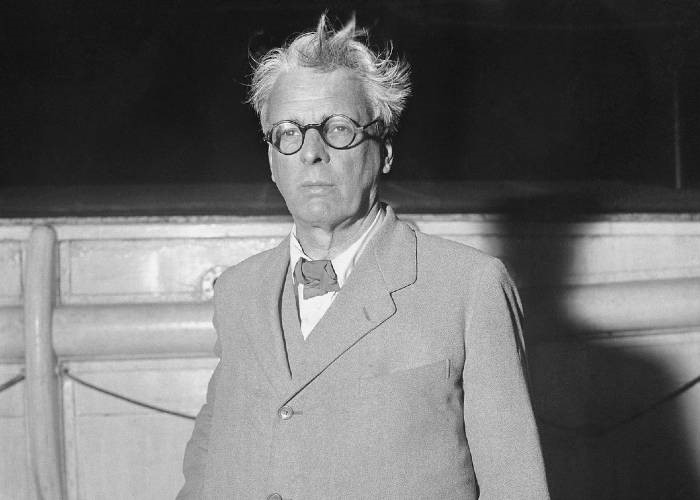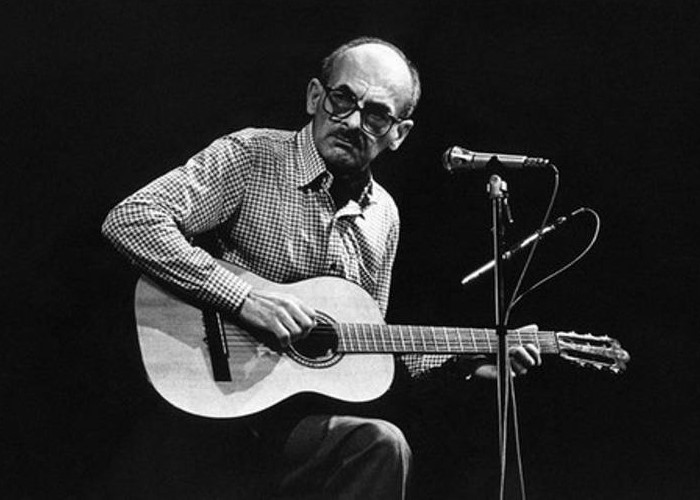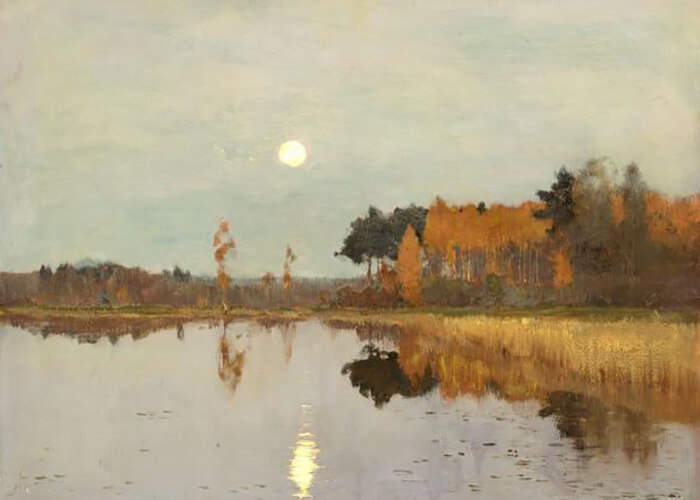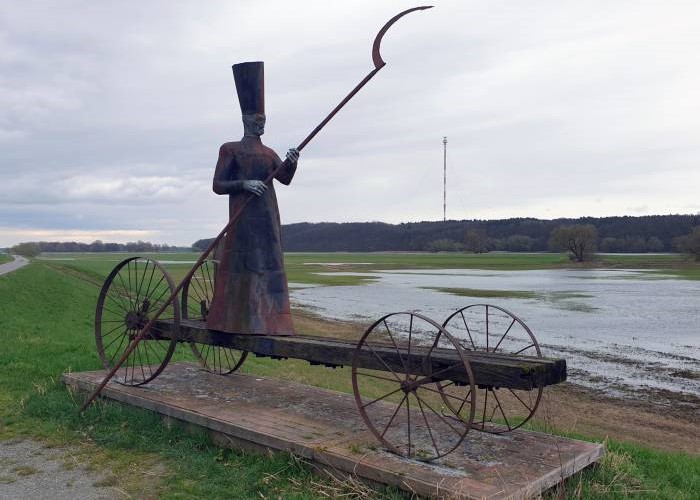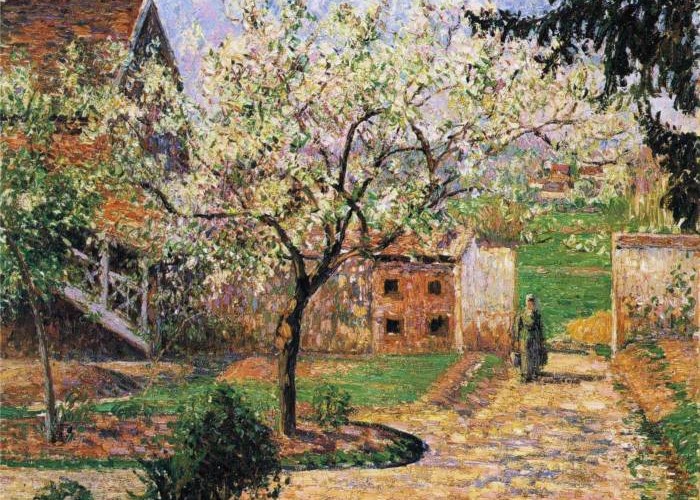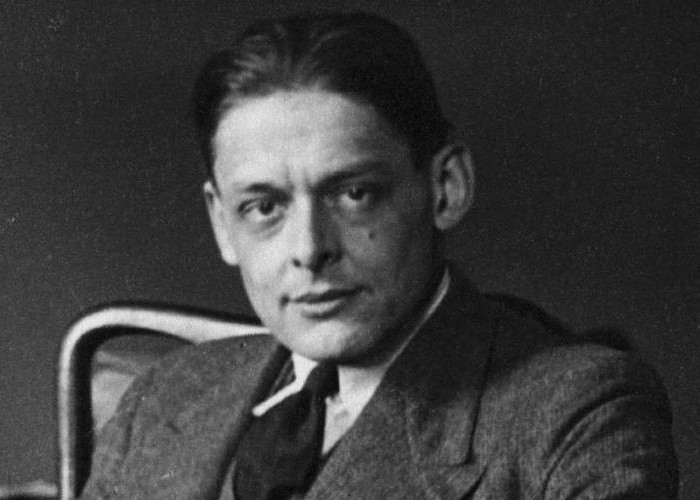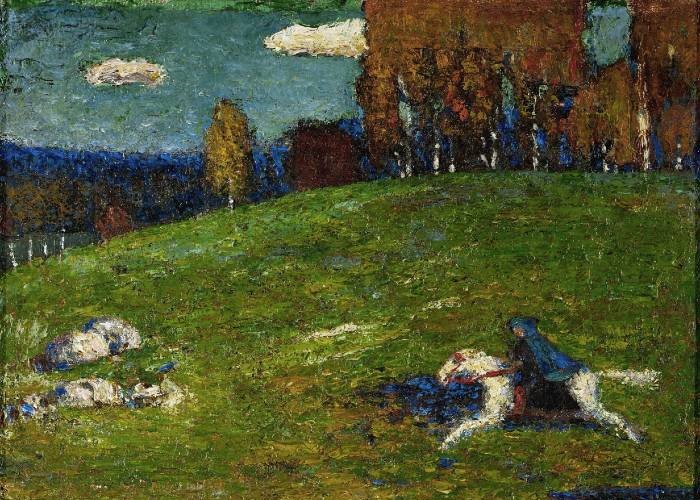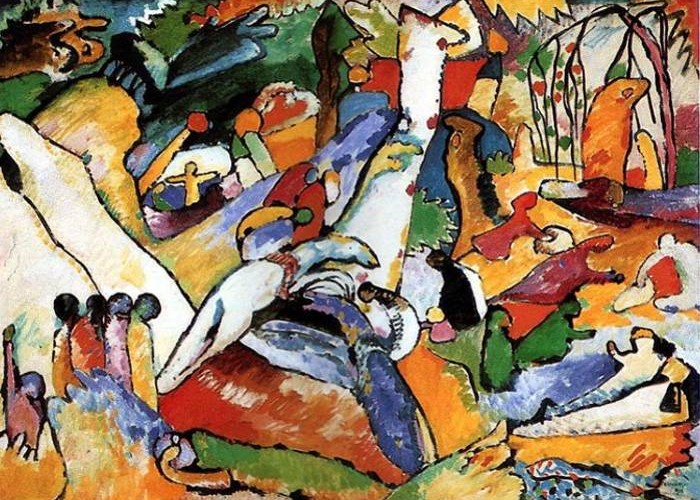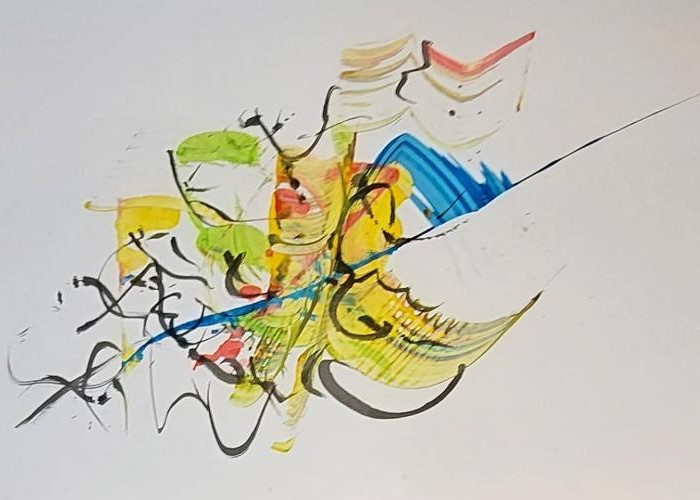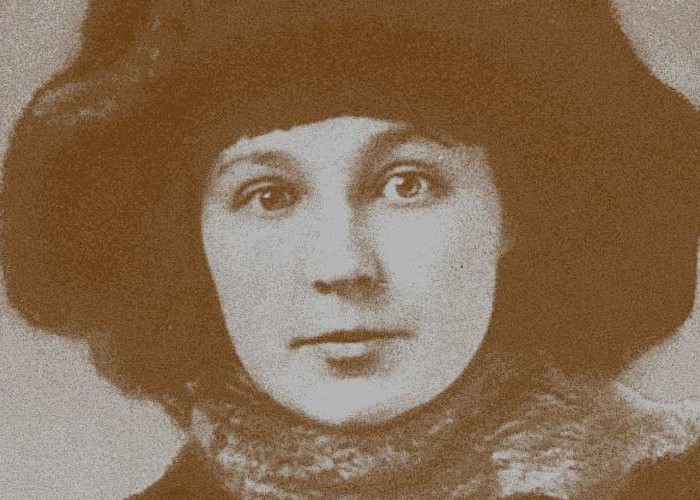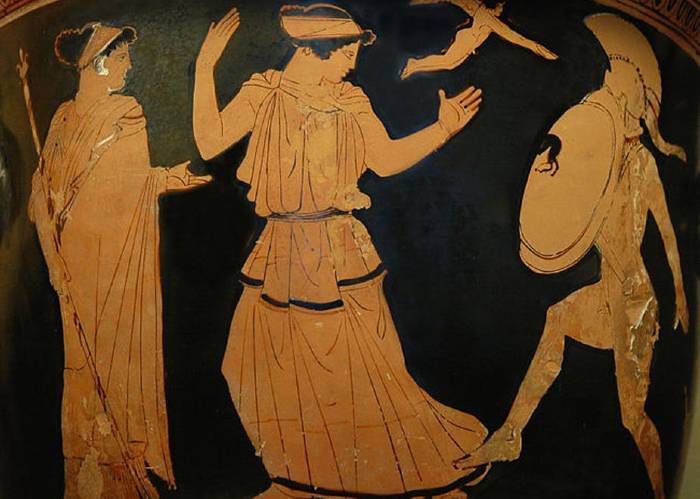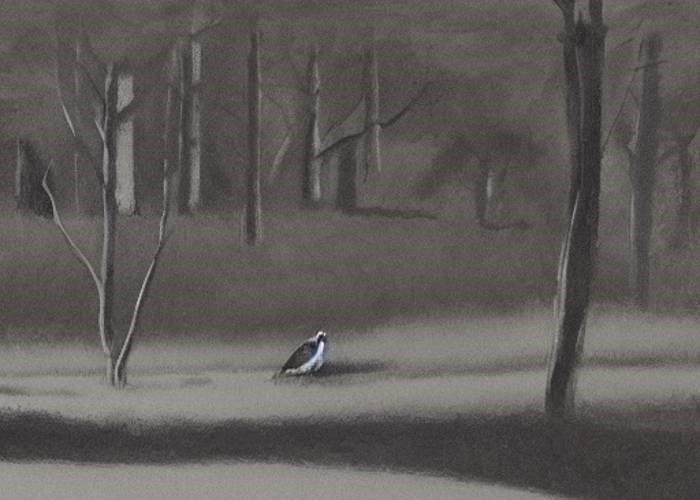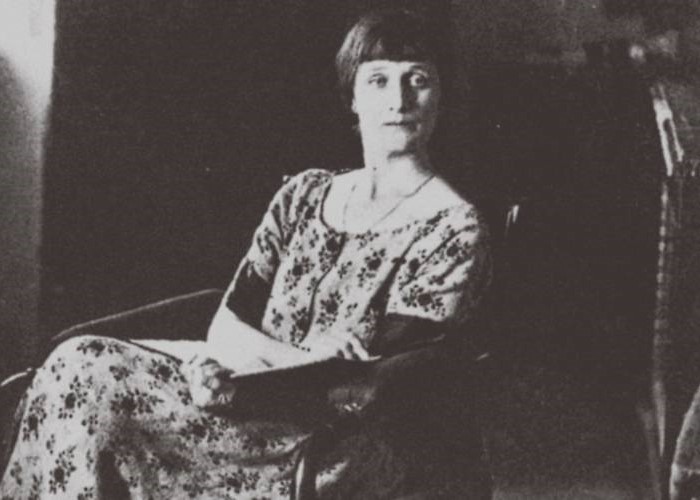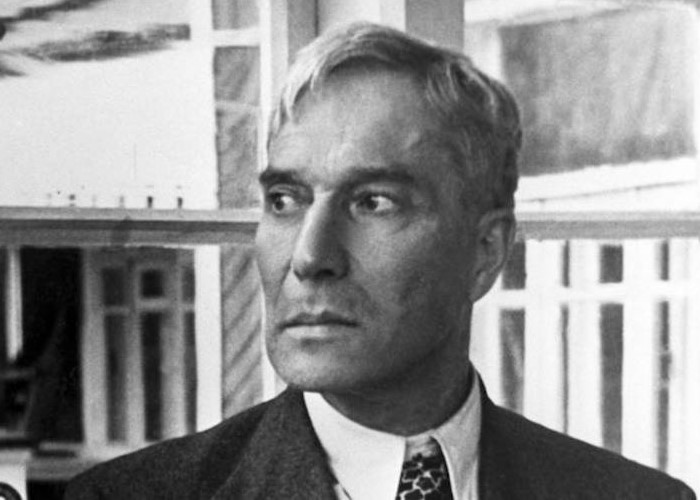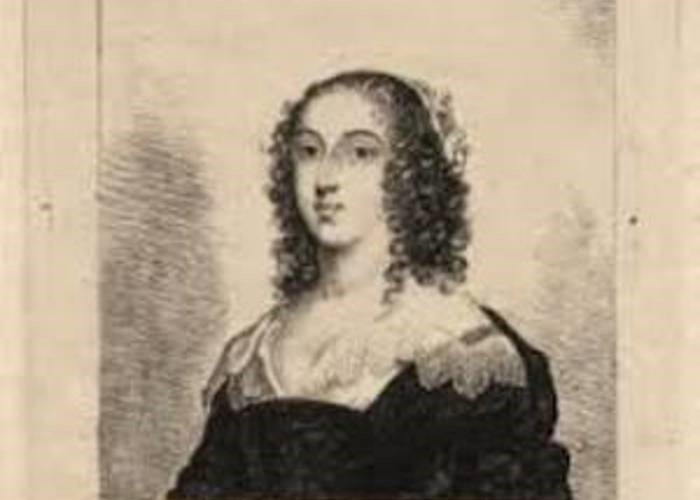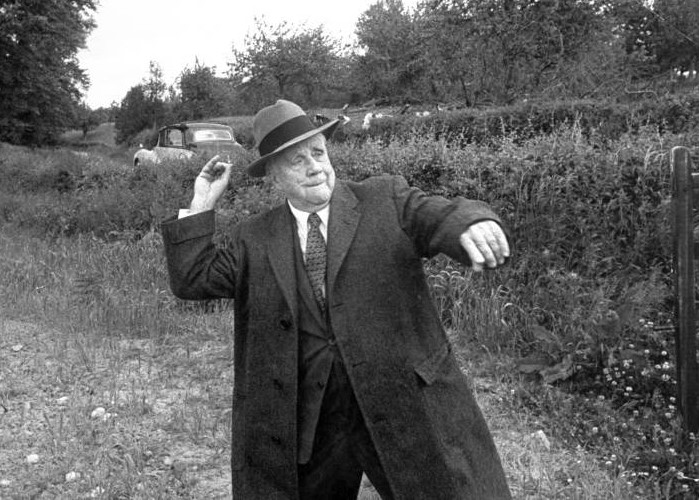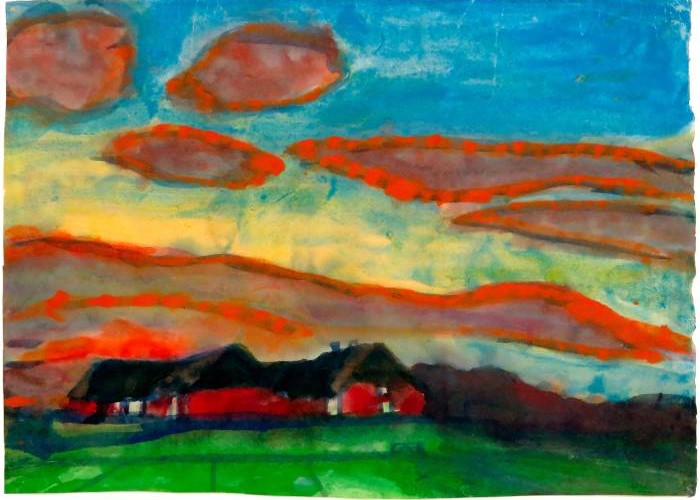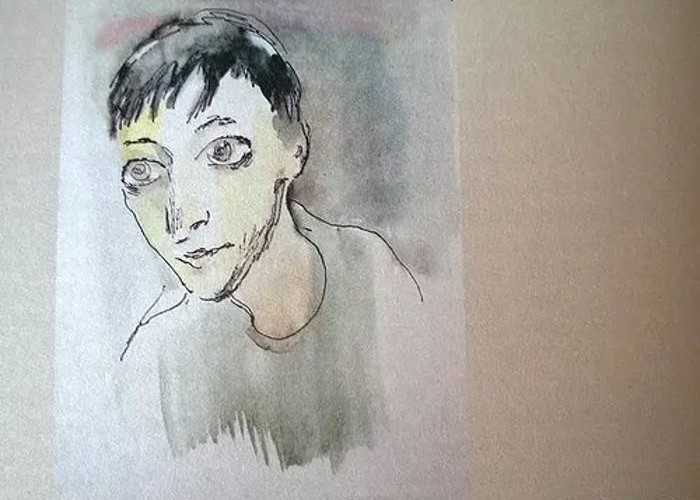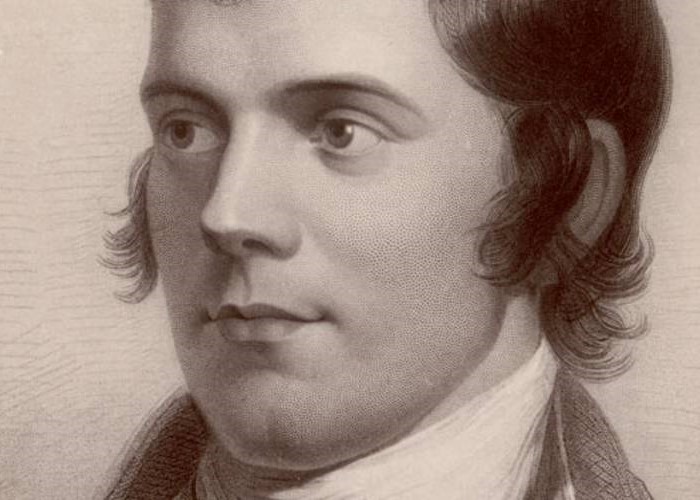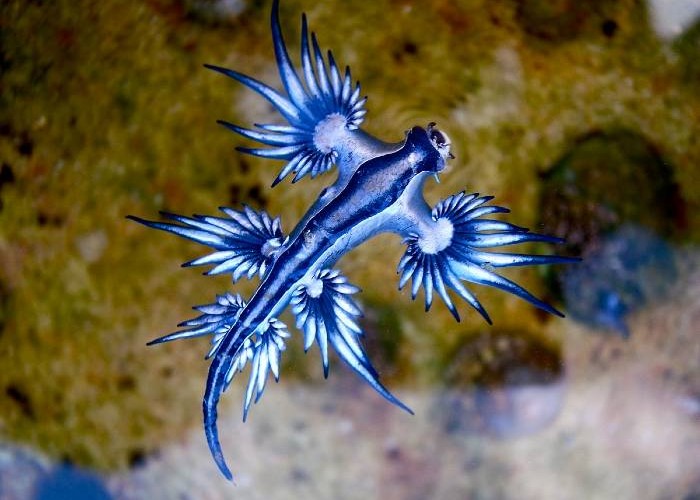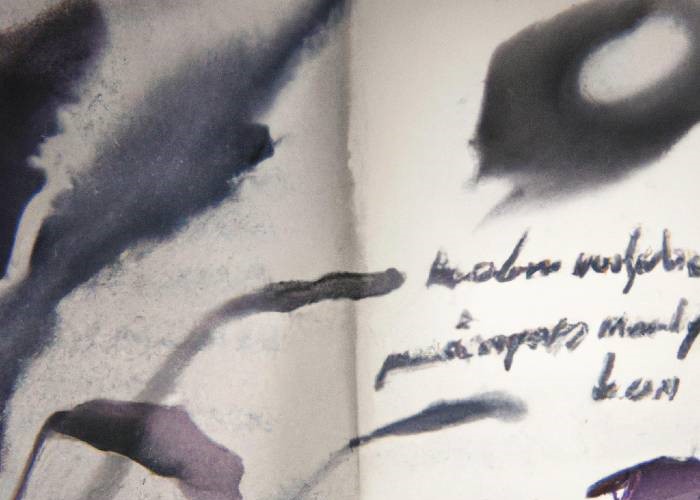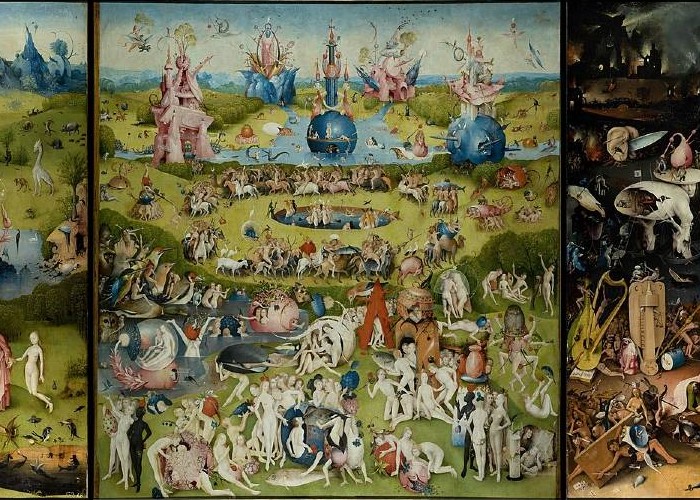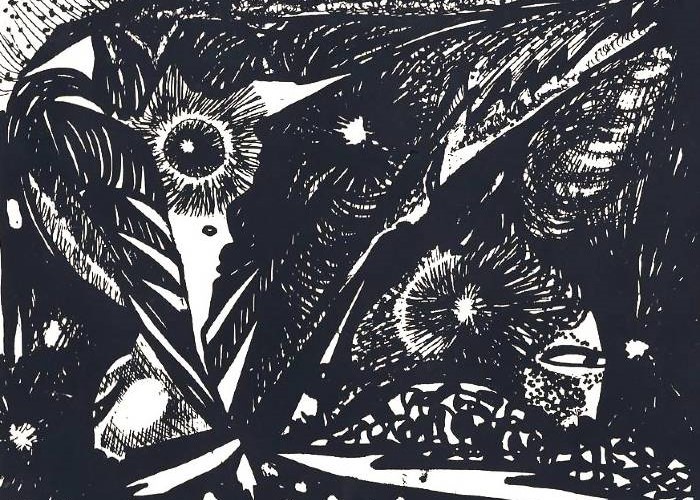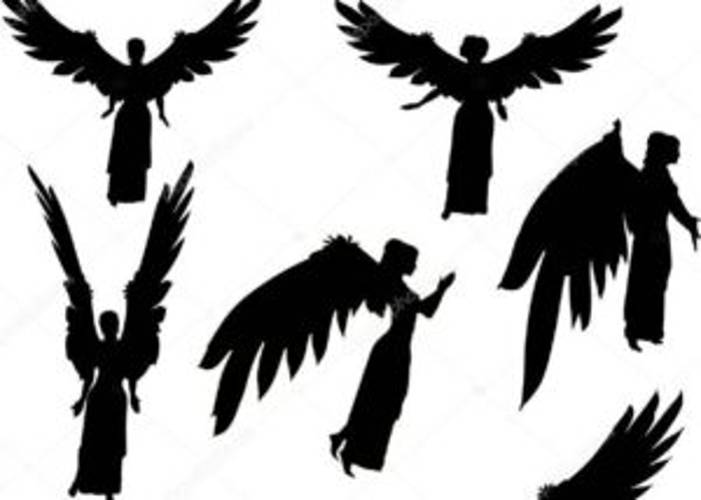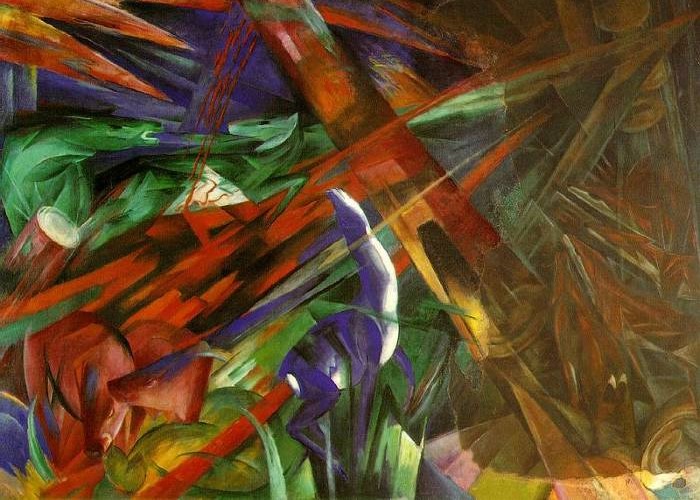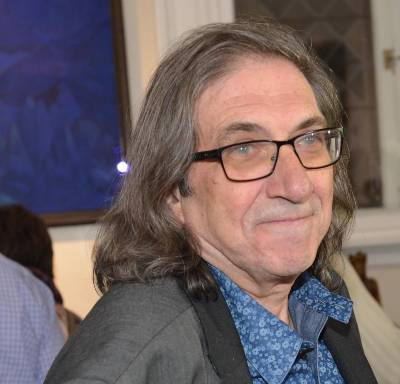He was so tired that he was scarcely able to hear a note of the songs: he felt imprisoned in a cold region where his brain was numb and his spirit was isolated.
1
Requite this angel whose
flushed and thirsting face
stoops to the sacrifice
out of which it arose.
This is the lord Eros
of grief who pities
no one; it is
Lazarus with his sores.
2
And you, who with your soft but searching voice
drew me out of the sleep where I was lost,
who held me near your heart that I might rest
confiding in the darkness of your choice:
possessed by you I chose to have no choice,
fulfilled in you I sought no further quest.
You keep me, now, in dread that quenches trust,
in desolation where my sins rejoice.
As I am passionate so you with pain
turn my desire; as you seem passionless
so I recoil from all that I would gain,
wounding myself upon forgetfulness,
false ecstasies, which you in truth sustain
as you sustain each item of your cross.
3
Veni Redemptor, but not in our time.
Christus Resurgens, quite out of this world.
‘Ave’ we cry; the echoes are returned.
Amor Carnalis is our dwelling-place.
4
O light of light, supreme delight;
grace on our lips to our disgrace.
Time roosts on all such golden wrists;
our leanness is our luxury.
Our love is what we love to have;
our faith is in our festivals.
5
Stupefying images of grief-in-dream,
succubae to my natural grief of heart,
cling to me, then; you who will not desert
your love nor lose him in some blank of time.
You come with all the licence of her name
to tell me you are mine. But you are not
and she is not. Can my own breath be hurt
by breathless shadows groaning in their game?
It can. The best societies of hell
acknowledge this, aroused by what they know:
consummate rage recaptured there in full
as faithfulness demands it, blow for blow,
and rectitude that mimics its own fall
reeling with sensual abstinence and woe.
6
This is the ash-pit of the lily-fire,
this is the questioning at the long tables,
this is true marriage of the self-in-self,
this is a raging solitude of desire,
this is the chorus of obscene consent,
this is a single voice of purest praise.
7
He wounds with ecstasy. All
the wounds are his own.
He wears the martyr’s crown.
He is the Lord of Misrule.
He is the Master of the Leaping Figures,
the motley factions.
Reveling in auguries
he is the Weeper of the Valedictions.
8
Music survives, composing her own sphere,
Angel of Tones, Medusa, Queen of the Air,
and when we would accost her with real cries
silver on silver thrills itself to ice.
* * *
Он так устал, что едва мог расслышать хотя бы ноту песни: он чувствовал, что был заключен в холодной области, где его мозг онемел, а дух был в изоляции.
1
Отплати ангелу, чей
раскраснелся лик,
кто склонившись, приник
к жертве, откуда возник.
Это — бог Эрос скорбей,
кому никого не жаль,
это — боль и печаль,
Лазарь в язвах сей.
2
И ты, в чьем нежном голосе металл,
меня из сна, где я утратил путь,
ты извлекла, чтоб мог я отдохнуть
во мраке, выбранном тобой, не стал
искать пути иного, я устал
искать, тобою полн, к тебе на грудь,
утратив волю, я готов прильнуть,
и в страхе я доверье потерял.
Цветут грехи мои средь запустенья,
я полон страсти, ты однако в боль
мое желанье превратила, в чем
была бесстрастна, до самозабвенья
восторгов ложных я дошел, доколь
ты подпираешь все своим крестом.
3
Veni Redemptor, но не в наше время.
Christus Resurgens, но не в мире этом.
‘Ave’ — кричим, оглушены мы эхом,
Amor Carnalis — этим мы живем.
4
О света свет — возвышенный восторг;
благословенье на устах — порок.
На золотых запястьях время спит,
как на насесте; роскошь — худоба.
Любовь — то, что хотели б обрести;
а вера наша в праздниках жива.
5
Тупые образы скорбящих грёз,
суккубы горя сердца льнут ко мне;
ты, кто любовь не бросит, но и не
утратит здесь, где время прервалось.
Сказать, что ты — моя, как повелось,
ты с именем ее пришла извне,
не ты и не она мои вполне.
Ужель мое дыханье прервалось
игрою бездыханных теней сна?
Да — подтверждает ада высший свет:
Где ярость явлена, себе верна,
ударом нанесет удар в ответ,
и правота измерит путь до дна
в клубке страстей, где чувственности нет.
6
Вот — зольник пламени лилеи,
вот — вопрошанье длительных застолий,
вот — настоящий брак в себе, с самим собой,
вот — ярость одинокого желанья,
и вот — согласий неприличный хор
и чистый голос истинной хвалы.
7
Он был восторгом поражен.
Его удел — увечья, и на нем —
корона мученика. Он —
властитель хаоса, затем
кульбитов Мастер и прыжков,
раздоров шутовских, готов
найти усладу он в гаданье
он — Плакальщик при Расставанье.
8
Не сгинет музыка, ей сфера сочинится,
Медуза, Ангел Тона, Воздуха Царица,
когда же с искренним к ней плачем подойдем,
то серебром на серебре нас тронет льдом.
__________
ПРИМЕЧАНИЯ
*Сумерки (лат.)
** Приди, искупитель (лат.)
***Христос воскрес (лат.)
****Возрадуйся (лат.)
*****Плотская любовь (лат.)
__________
Geoffrey Hill, “Tenebrae” from New and Collected Poems, 1952-1992
